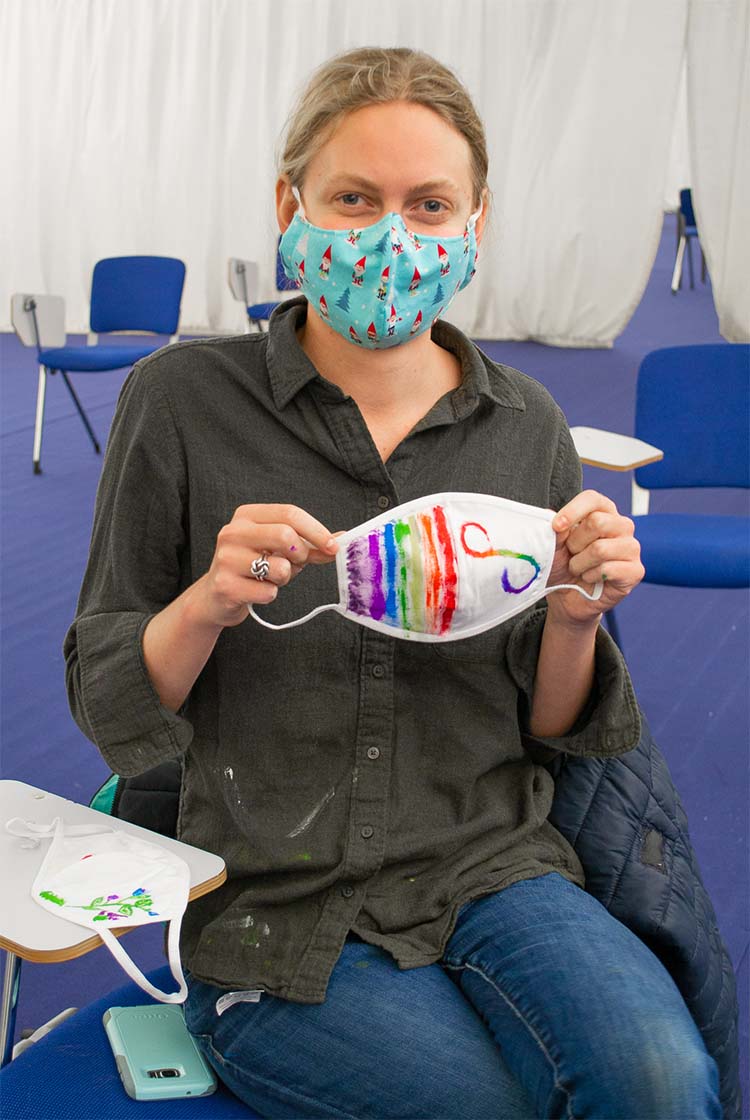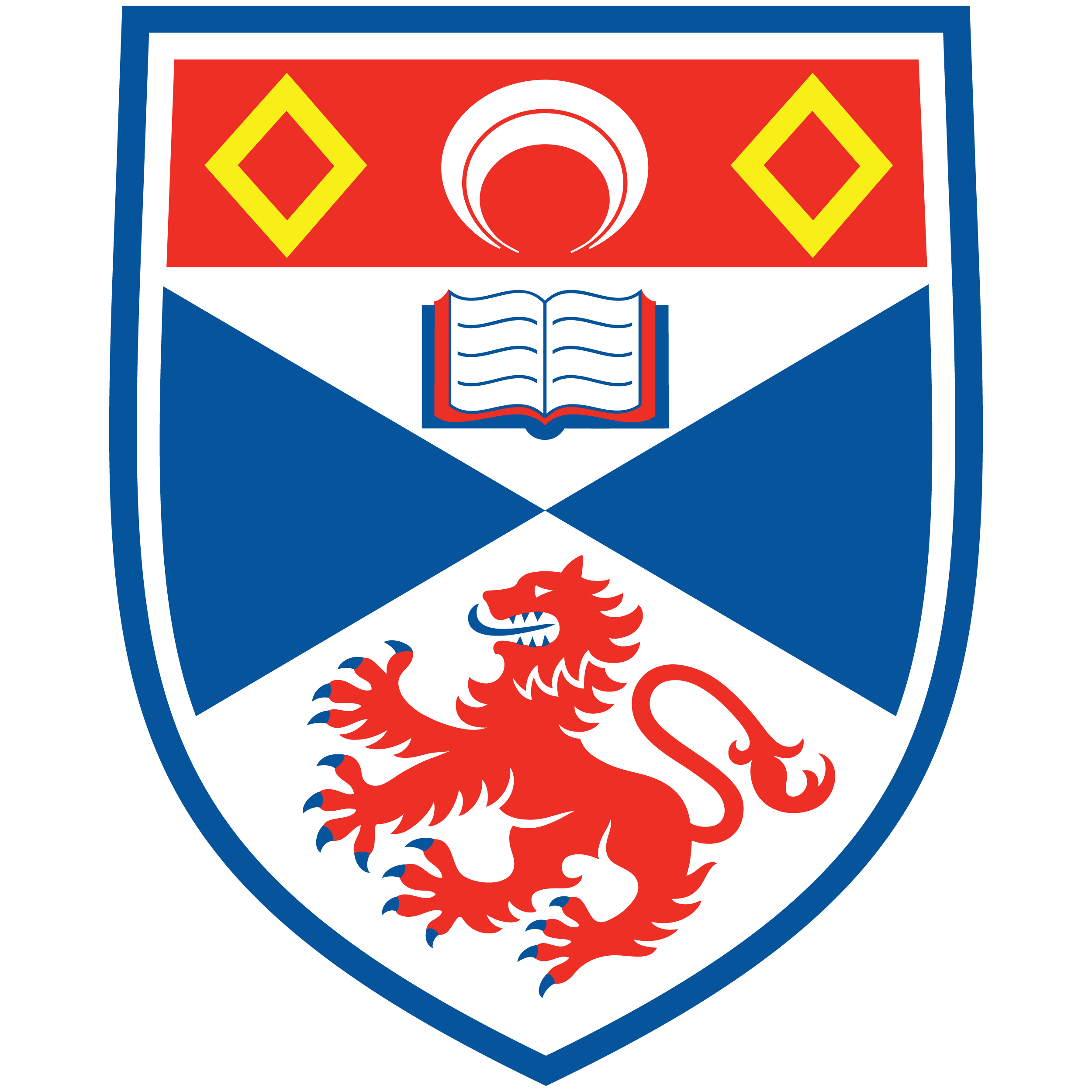You can read this article to find out about Jane’s advice for requesting reasonable adjustments.

In no particular order, and of varying degrees of importance, here is my list of things that are important to know as an autistic student.
If you can, access support early, including if you didn’t have support or a diagnosis in secondary school. Everyone deserves support, regardless of whether it has previously been in place for you! Different support is available at university than is available in secondary, and the environment is different, so you may need or want support that you didn’t need or want in secondary school. You may also find that there’s support available that would have been very helpful in secondary school but that wasn’t put in place for you!
Be prepared to self-advocate for what you think that you will need to be on a level playing field with other students. While disability advisors can be helpful, you will need to be prepared to think about what you need and potentially advocate to make it happen. One way to facilitate this is to talk to other autistic students and other disabled students about what accommodations they receive. Going into a meeting with your disability advisor prepared with specific requests will always go better than coming empty-handed. If you can, find other autistic or disabled students prior to coming to uni and talk to them about what helped them. There is (as of September 2021) a Facebook group called Disabilities in St. Andrews where you can find other disabled students, as well as a Disabled Students Network run by and for Disabled Students that you can find on the student union website – I’m the head of that this year, and always happy to answer any questions!
On that note, accommodations aren’t just academic – think about whether certain housing options would be more accessible to you, or if you’ll need other supports with the non-academic elements of university. If you’re a British student, apply for DSA – if you don’t know what that is, ask a student services staff member about the Disabled Students Allowance.
Similarly, accommodations aren’t just for enabling you to do things that you otherwise cannot do – they’re also about leveling the amount of effort required for you to do things! So if you can do a task, but it takes you much longer than other students, bring this to your disability advisor! Don’t wait until you feel like you’re struggling ‘enough’ with academics or another situation or unable to manage before accessing support.
Bottom line – everyone deserves the support they need to have not only a functional uni experience, but a really good one. You may need to advocate for yourself to get there, because the system isn’t perfect, but the support is available! Talk to other students who receive accommodations about what they receive, think about what you think would help you individually, and ask for anything you think would help – the worst that anyone can say is no!
About the author
Jane is studying for a joint degree in Sustainable Development and Biology at the University of St Andrews. Jane loves hiking, outdoor activities (including occasionally swimming off the St. Andrews coast!) and all things plants and animals. Jane says: “If you ever for some strange reasons need a lot of facts about Giant Sequoias, I’m your person!”
Jane also runs the St. Andrews Disabled Students Network and she is the student union’s officer for Disabled Students.
Photo credit to Anna-Ruth Cockerham, from one of the DIY mask-making events at the University.
Image available at: https://news.st-andrews.ac.uk/long-reads/st-andrews-can-do-connection/ [Accessed: 12/07/22].


 Back
Back